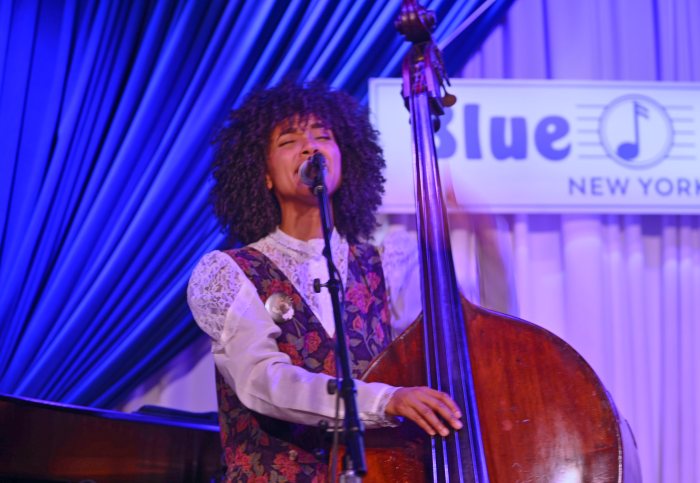‘Three Tall Women’ runs through June 24 at the Golden Theatre. 252 W. 45th St., threetallwomenbroadway.com.
Who exactly are the “Three Tall Women” played by Glenda Jackson, Laurie Metcalf and Alison Pill? Are they real people or just voices in someone’s head? It depends.
This lean, transfixing, 1994 Pulitzer Prize-winning drama essentially restarted the career of Edward Albee, who had experienced a long string of critical and commercial flops in the three decades since “Who’s Afraid of Virginia Woolf?” The play is receiving its first Broadway production under the tight direction of Joe Mantello.
Although this production is performed without an intermission, it is divided into two very different acts.
In act one, all three women (known as “A,” “B” and “C”) appear in a richly furnished bedroom. “A” (Jackson) is a 92-year-old, wealthy, difficult and demanding widow; “B” (Metcalf) is her 52-year-old dedicated caretaker and “C” is a 26-year-old attorney who has been given the unpleasant assignment of organizing the financial affairs of “A.”
“A” (who is suffering from Alzheimer’s and bodily pain) rambles endlessly, makes wild accusations and brings up old memories and grudges, often using extremely offensive language. While “B” is resigned to this behavior, “C” reacts with sarcasm and hostility.
In act two, which occurs after “A” has experienced a stroke, the three actresses turn into versions of “A” at ages 26, 52 and 92 (calmer and clearer than before). They watch over “A” (represented by a mannequin lying in bed) and her estranged son (who has come to visit) and discuss and debate the events in her life.
The play — which was inspired by Albee’s difficult relationship with his own parents — is a brutal, compelling, equally elegiac and comic assessment of aging, physical incapacitation, memory loss and death. It has renewed relevance today given the increased focus on elder care.
Jackson (a two-time Oscar-winner and former member of British Parliament), Metcalf (who just returned to the role of Jackie Harris on the “Roseanne” reboot) and Pill (a Tony nominee with many stage and screen credits) all give superb performances.
All things considered, this is probably the best revival of an Albee play since “Who’s Afraid of Virginia Woolf?” with Kathleen Turner and Bill Irwin in 2005.





































